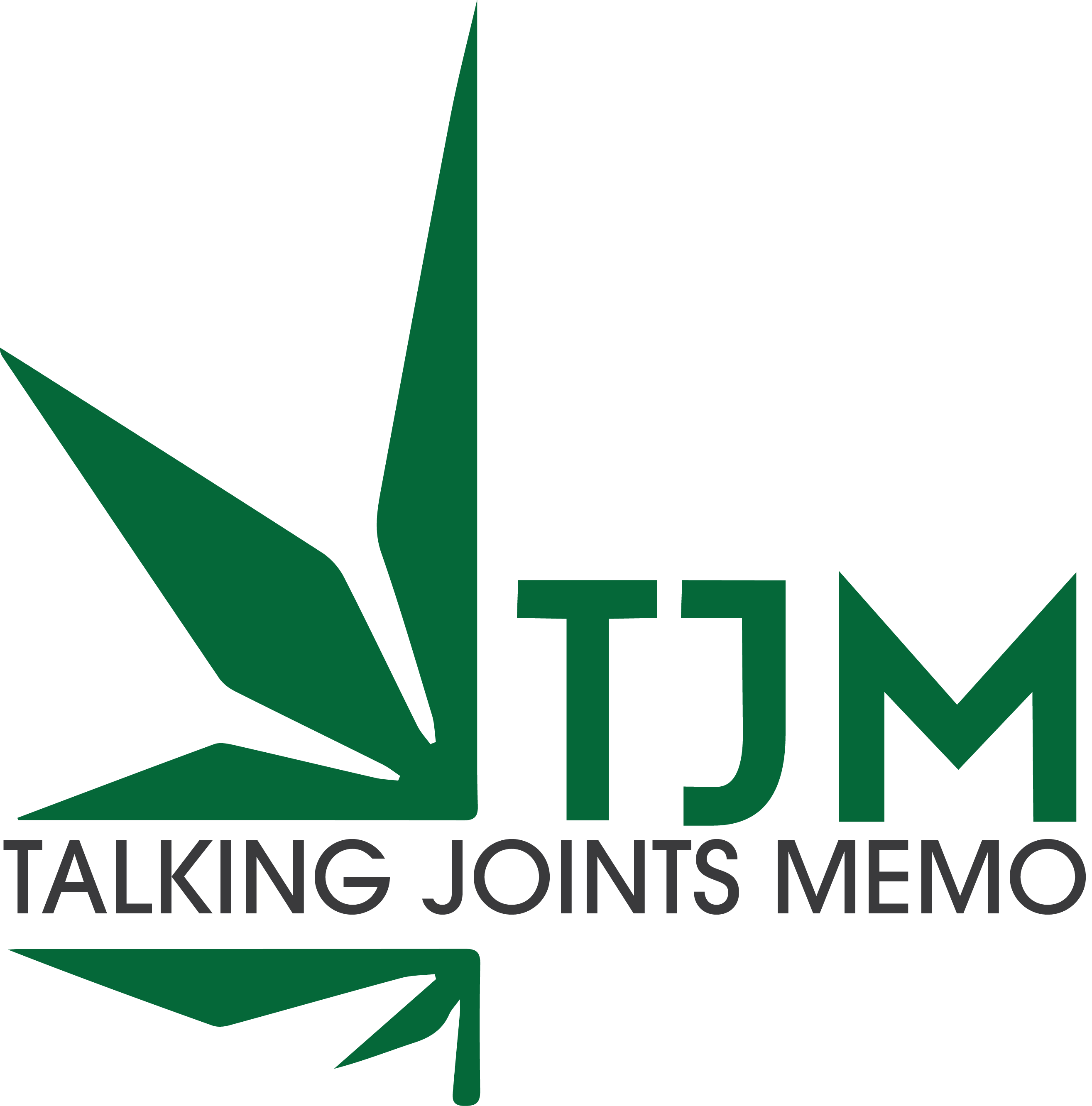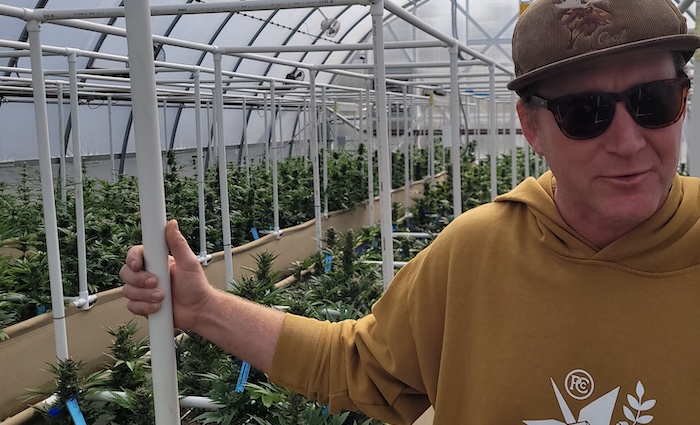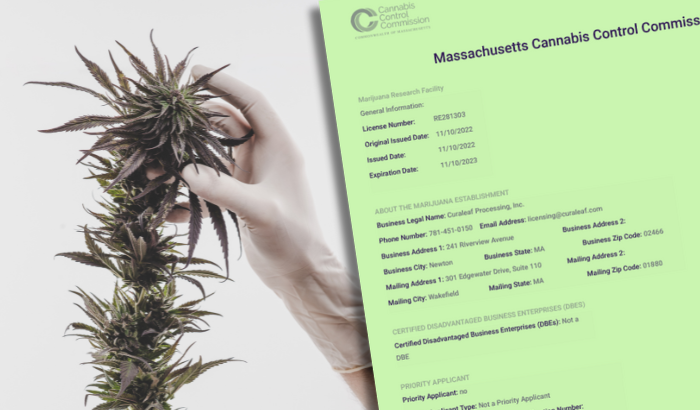
State cannabis advisors pass recommendations on rescheduling, island access, and vertical integration
Almost every issue that could possibly come up in the course of cannabis retail and licensing has a medical hook. Debates over delivery, or the number of pot shops that a city or town will allow, for example, impact patient access.
Regulation of the industry supply chain can also limit or expand affordability, which is critical for the most vulnerable people who may need medical cannabis. According to the National Disability Institute, the “poverty rate for adults with disabilities is more than twice the rate of adults with no disability (27% compared with 12%).”
All challenges considered, Massachusetts marijuana advocates whose interests lean more toward help and healing than profit and process have to shadow every topic that surfaces, as well as some that don’t. And at Thursday’s virtual meeting of the Cannabis Control Commision’s Public Health Subcommittee of the Cannabis Advisory Board, members addressed and passed care-minded recommendations around three issues that have hit headlines over the past few months: the DEA’s “Rescheduling Proposal,” “Dukes County & Nantucket Access,” and “Vertical Integration.”
Regarding the latter, currently, the Bay State’s Medical Marijuana Program is exclusively open to vertically-integrated companies. As Jeremiah MacKinnon, the president of the Massachusetts Patient Advocacy Alliance (who also chairs the CCC Public Health Subcommittee), explained in a public testimony last year, “If any of you ever wanted to open up a medical marijuana dispensary, the current rules require that you have to actually grow your own cannabis and manufacture those products in addition to retailing it. And so that has driven out small businesses and prevented patients from getting access in certain areas of the state.”
Among the three recommendations it passed this week, in addressing vertical requirements, “The Public Health Subcommittee recommends that the Cannabis Control Commission convene, discuss, and vote to utilize its Executive and Legislative Outreach Policy during this legislative session to communicate support for eliminating the Medical Marijuana Treatment Center vertical integration requirement, in an effort to increase health equity, enhance patient access to medical cannabis, improve product variety and accessibility, and allow for a more diverse roster of operators.”
In considering likely changes to the status of weed at the federal level, the body recommended “that the Cannabis Control Commission consider sending comments during the DEA’s rule-making process that convey the importance of continuing federal protections for state-legal medical marijuana programs to safeguard patients and providers from federal prosecution, recognizing that the discrepancies between state and federal law on cannabis will continue to exist even under Schedule III.”
And following their exchange about patients on Martha’s Vineyard and Nantucket facing potential access issues if suppliers and retailers shutter, members recommended “that the Cannabis Control Commission convene, discuss, and vote to allow licensed cannabis transporters to transport products to adult-use and medical cannabis establishments on Martha’s Vineyard and Nantucket via territorial waters.”
MacKinnon of the MPAA told Talking Joints Memo that the meeting was “productive,” and said he is “hopeful that the [CCC] will take these recommendations seriously and act quickly.”























